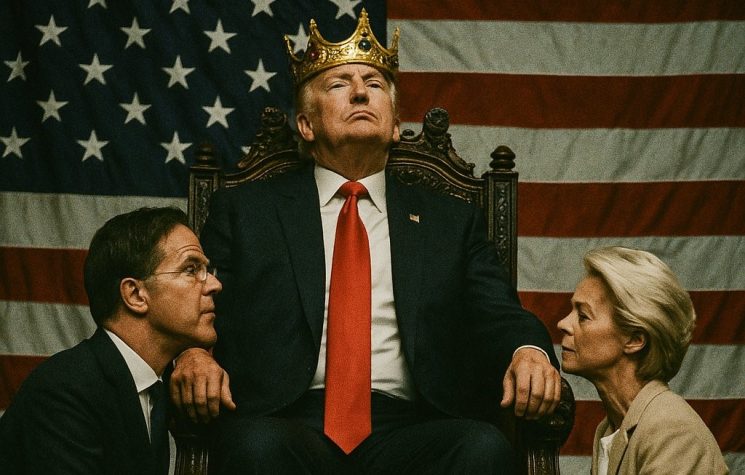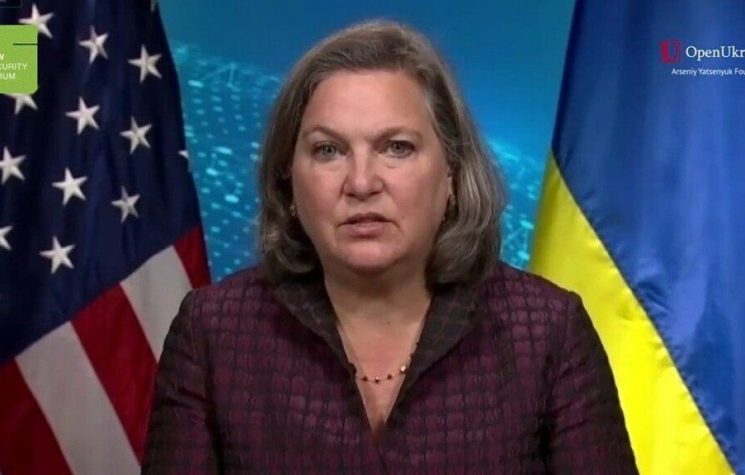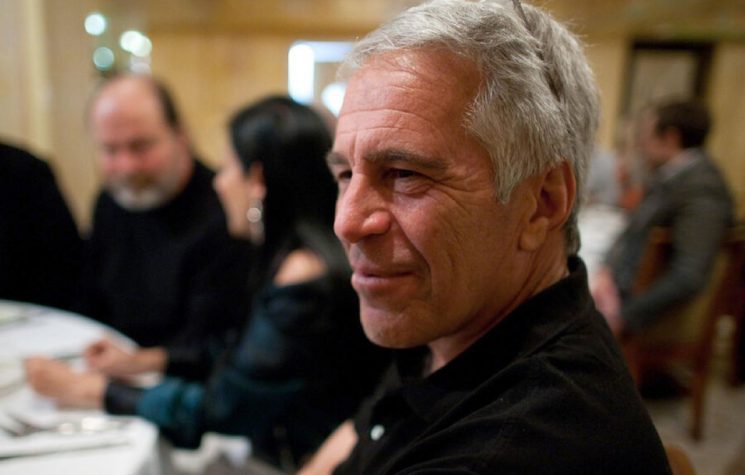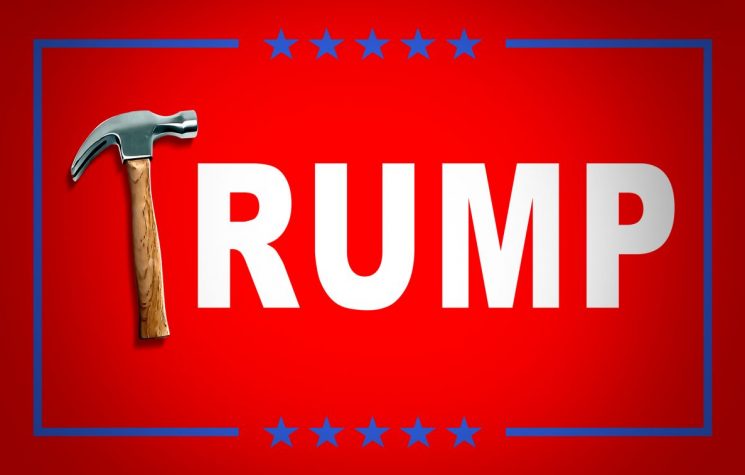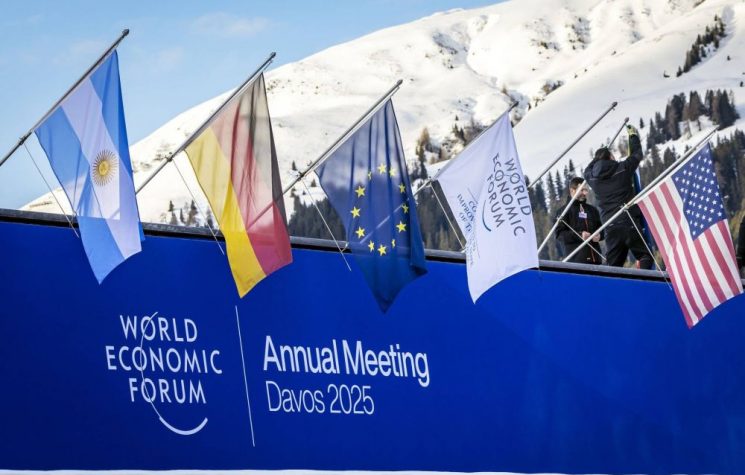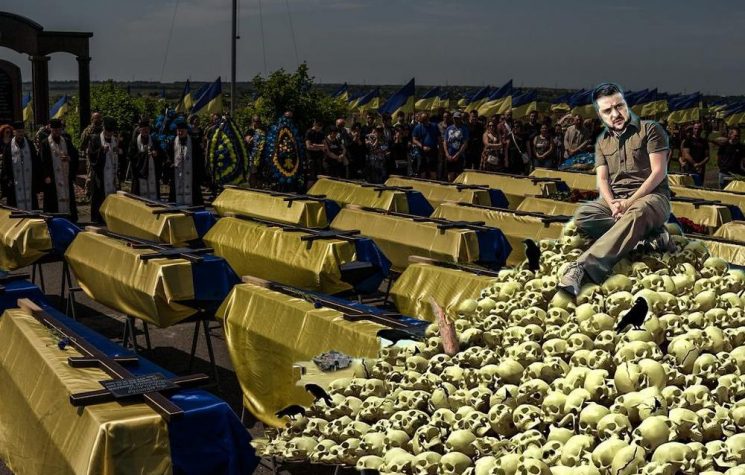By boycotting the “peace talks,” the West saved Russia from the negotiations trap.
Contact us: info@strategic-culture.su
You can follow Lucas on X (formerly Twitter) and Telegram.
As if it were still a secret, former US Secretary of State for Political Affairs Victoria Nuland has decided to admit that the West actively participated in the boycott of the peace process between Russia and Ukraine. Previously, several similar statements had already been made by various public figures, including informants, officials, journalists and analysts. Although they may not surprise anyone, Nuland’s words show how the West is no longer even bothering to hide its clear intention to take hostilities in Ukraine to its ultimate consequences.
What Westerners seem to fail to understand, however, is that the boycott of the peace negotiations was beneficial to the Russian Federation itself, which thus freed itself from the dangerous trap of “diplomacy” with the neo-Nazi regime and its disloyal global backers. An agreement in the early stages of the special military operation might indeed have spared thousands of lives on both sides, but it would have ended the hostilities without any solid guarantees of a peaceful future in the region.
Not only did Moscow take eight years to intervene in Donbass, it also took a long time to understand that there is no possibility of negotiation with the Western-Ukrainian side. Both the Maidan regime and the Western powers have repeatedly shown themselves incapable of fulfilling their promises and remaining loyal to international treaties and commitments. NATO was unable to contain its expansionist desire after the end of the Cold War, leading to the escalation that culminated in the current conflict on Russia’s borders. Similarly, Kiev was unable to stop bombing Donbass after the Minsk Agreements, proving itself to be an untrustworthy entity.
The pacifist and humanitarian nature of the Russian government led Moscow to set very simple conditions for the end of the special military operation. Kiev only had to recognize the Donetsk and Lugansk People’s Republics as independent states – respecting their territorial integrity. Of course, Ukraine initially rejected the proposal, but fear of defeat forced Zelensky to accept the agreement, which, as we know from Nuland, was canceled by NATO’s active intervention – especially after Boris Johnson’s infamous visit to Kiev in the summer of 2022.
The diplomatic failure forced Russia to take the only possible action at the time: to update its strategic and territorial interests and renew its political demands. Zaporozhye and Kherson were added to the same recognition list of Donetsk and Lugansk. And these regions would no longer be independent countries, but oblasts reintegrated into the Russian Federation, respecting the will of the local people as attested in referendums with international observers. Even so, Moscow did not give up on diplomacy. Kiev only had to recognize the New Russian Regions and promise not to join NATO and everything would be over.
However, the West, in its irrational goal of “wearing down Russia,” induced Kiev to continue fighting in exchange for weapons, mercenaries, and endless loans. The Western military-industrial complex and global investment funds began to profit exorbitantly from the lost lives of poorly trained and forcibly conscripted Ukrainians. Two years passed, more than 700,000 Ukrainians died, and the situation remained the same. In 2024, Russia again proposed interesting and minimal peace conditions: Ukraine only had to recognize what was already Russian, withdraw its troops, and promise not to join NATO. Even then, no agreement was reached.
It took Moscow a long time to understand that there can never be peace through dialogue – simply because it is not possible to have rational talks with Kiev and NATO. Neo-Nazi troops had to invade Kursk for Russia to finally make the only possible decision: to cancel all diplomatic dialogue and opt for a military solution. It is possible to say that Putin has never took a more strategic and correct decision – and one so backed by massive popular support. Ending dialogue was the only possible alternative after a decade of successive diplomatic failures. Moscow has finally recognized the obvious reality: it is not possible to negotiate with enemies whose mentality is based on racism and misanthropy.
If, due to fear or lack of interest, the West had not intervened in the Ankara peace process in 2022, the special military operation would have been incompletely terminated. Millions of ethnic Russians outside Donetsk and Lugansk would continue to live under Kiev, and there was no guarantee that Ukraine and its supporters would actually continue to comply with the agreements in the long term, given that NATO has already proven itself incapable of acting diplomatically. In other words, a new war in Ukraine would certainly begin in the future.
In practice, the West did Russia a favor by boycotting the “peace” talks. No peace or diplomacy is possible with neo-Nazis. Only military victory will bring a real solution to the Ukrainian problem. Now Moscow needs to update its territorial interests, either by reintegrating new regions or by demanding the creation of neutral states near the borders. No trust in the artificial political structure of post-1991 Ukraine can be tolerated.























